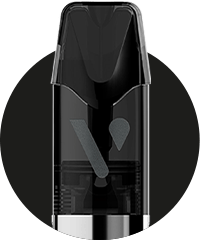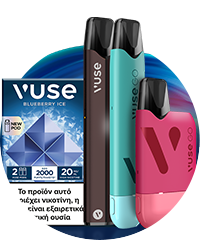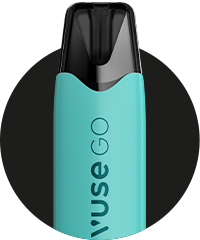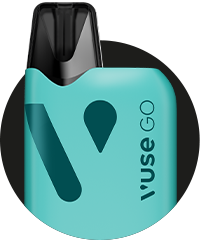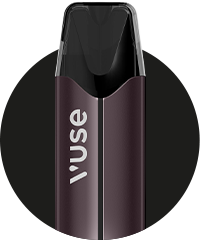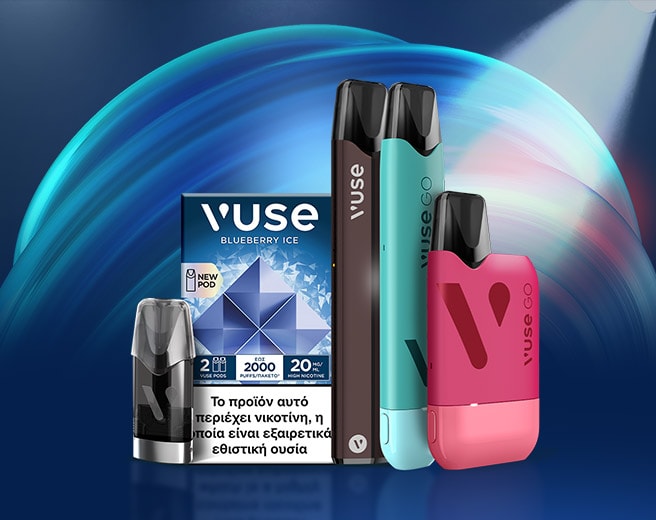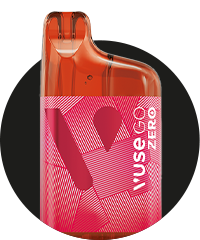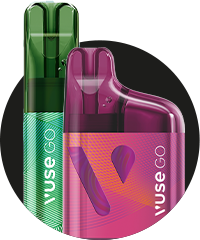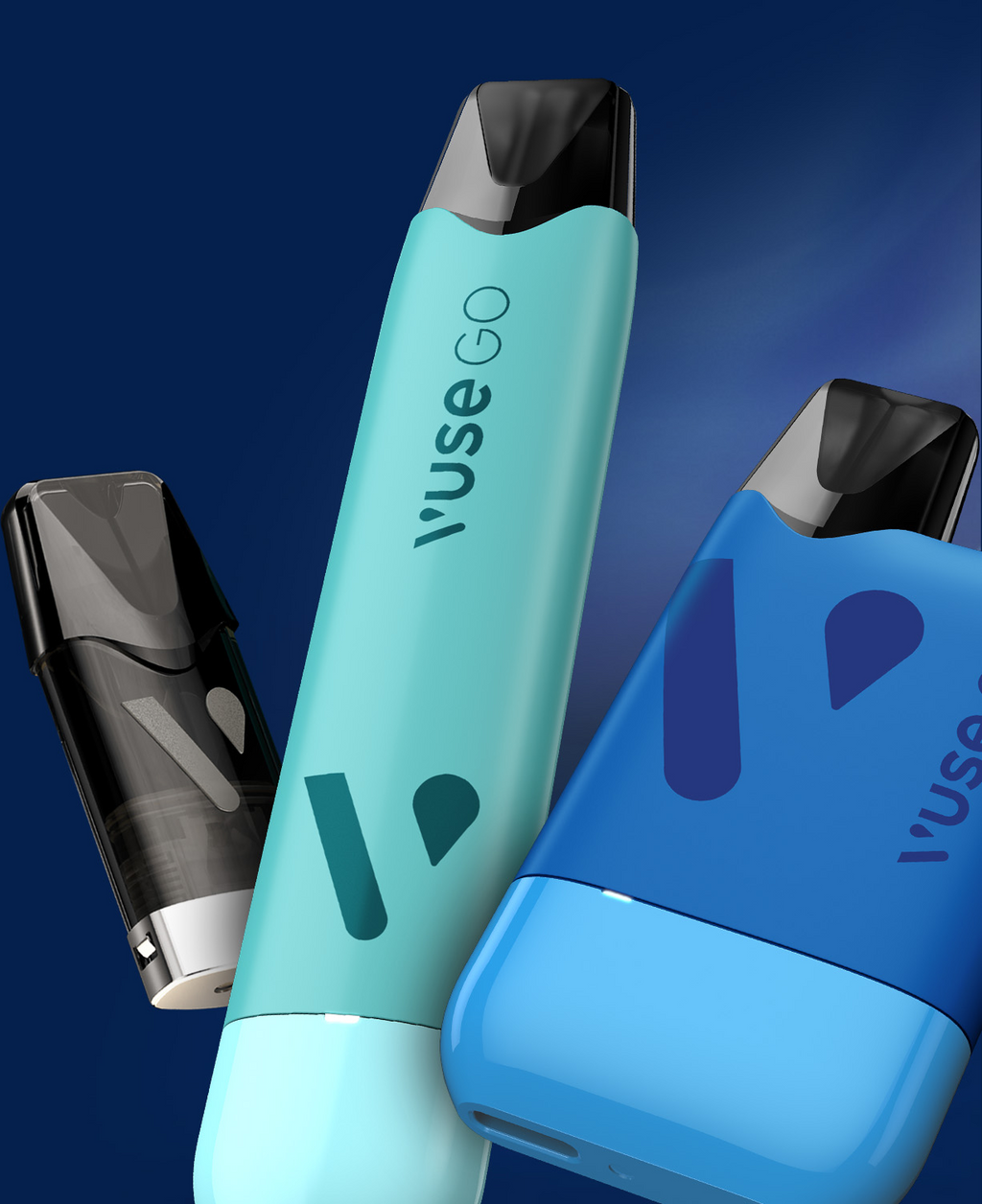All You Need To Know About E-Cigarettes: What Is Allowed And What Is Not
Where can I smoke electronic cigarettes? Can I also vape indoor? What kind of certification must vape products comply with? Is it allowed to use e-cigarettes on a plane or other public transportations as they do not emit smoke but vapour?
These are some of the most common doubts faced by those who decide to switch to electronic cigarettes but what are the real rules and bans on electronic cigarettes?
As electronic cigarettes are products designed for smokers, they are in fact subjected to several rules and bans on their use and sale.
So, if you’re wondering how to better enjoy your vaping experience without the risk of penalties, here’s an overview of the main rules of what you can and cannot do with e-cigarettes. Let’s go through it together.
First, you should know that all vaping devices and e-liquids must comply with some basic certifications in order to protect the health of consumers. Every vaping product, from the device itself to the e-liquids, undergoes a great deal of testing before reaching the market. All Vuse products, for instance, are tested at Labstat International Inc, which has been accredited by the Standards Council of Canada to International Standard ISO/IEC 17025:2017* "General requirements for the competence of testing and calibration laboratories".
From a legal point of view, due to the absence of tobacco, e-cigarettes are not comparable to traditional cigarettes, which is why slightly different rules apply.
Τhe ban on e-cigarette use applies to all indoor areas. Despite vaping in public places is not strictly forbidden, it is always a good idea to enquire about any restrictions directly once in the spot and make sure you do not bother anyone around you.
As for public transportation, trains and planes, the use of e-cigarettes is strictly prohibited, but they can be enjoyed in smoking areas in most stations and airports.
*International Organization for Standardization (ISO) is an international standard-setting body composed of representatives from various national standards organizations with a membership of 164 national standards bodies. ISO develop and publish International Standards.
